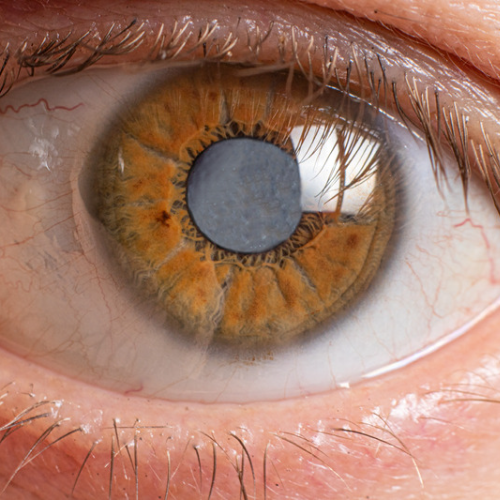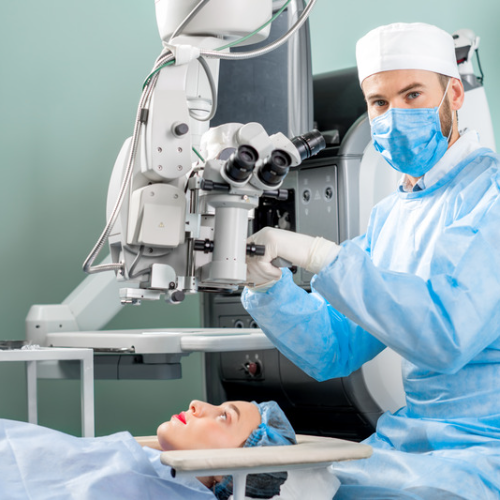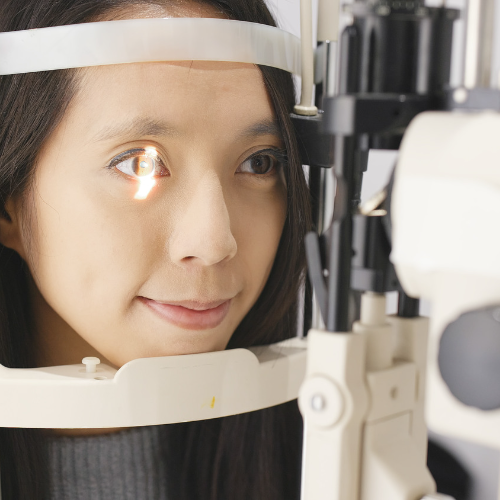
What is cataract?
Cataract is a common eye condition that often affects people as they age. It occurs when the lens in the eye becomes cloudy due to the breakdown and clumping together of proteins. This cloudiness can cause symptoms such as blurred vision, sensitivity to glare, difficulty seeing in low light, and halos around lights. Cataract can also result from injury, exposure to radiation, long-term medication use, smoking, obesity, diabetes, or a family history of the condition.
However, cataract can be treated with a simple surgical procedure that involves removing the clouded lens and replacing it with an artificial lens implant. It’s important to have regular eye exams to monitor for cataract and other eye conditions, and if any symptoms are present, it’s best to consult with an eye doctor.
What to expect after your cataract surgery?
Cataract surgery is a common and effective procedure that can improve your vision and quality of life. After the surgery, you’ll need to take care of your eyes and follow your doctor’s instructions for a successful recovery. Your eye may be covered with a protective shield or patch, and you may experience mild discomfort or dryness that can be managed with over-the-counter pain relief or eye drops. It’s important to avoid strenuous activities and protect your eyes from injury. Your vision may be blurry or hazy at first, but it should improve over time. You’ll likely need to attend follow-up appointments with your doctor and take any prescribed eye drops or medications to aid in the healing process. Most people can resume their normal activities within a few days, but it’s important to avoid activities that may strain or damage the eye for several weeks. Maintaining good eye hygiene and protecting your eyes from the sun and other irritants is also crucial during the recovery period. If you experience severe pain, redness, or vision problems, contact your doctor immediately. While complications are rare, it’s important to be aware of the risks associated with cataract surgery. With proper care and attention, most people experience a significant improvement in their vision and quality of life following the procedure.


Post-op appointment
A post-op consultation is necessary after cataract surgery to check if you’re healing properly and not experiencing any complications. The timing of the consultation will depend on whether you had surgery on one or both eyes, with the former scheduled 4-6 weeks after surgery and the latter at 2-6 weeks after the initial surgery and then a second consultation after the second eye surgery. During the 30-minute appointment, The optometrist will conduct several tests to check your eye health and vision. If you’re having trouble with near vision between surgeries, a temporary pair of glasses may be suggested, but they’re not a long-term solution.
Attending these appointments is vital to monitor your progress and detect any potential problems early on.


